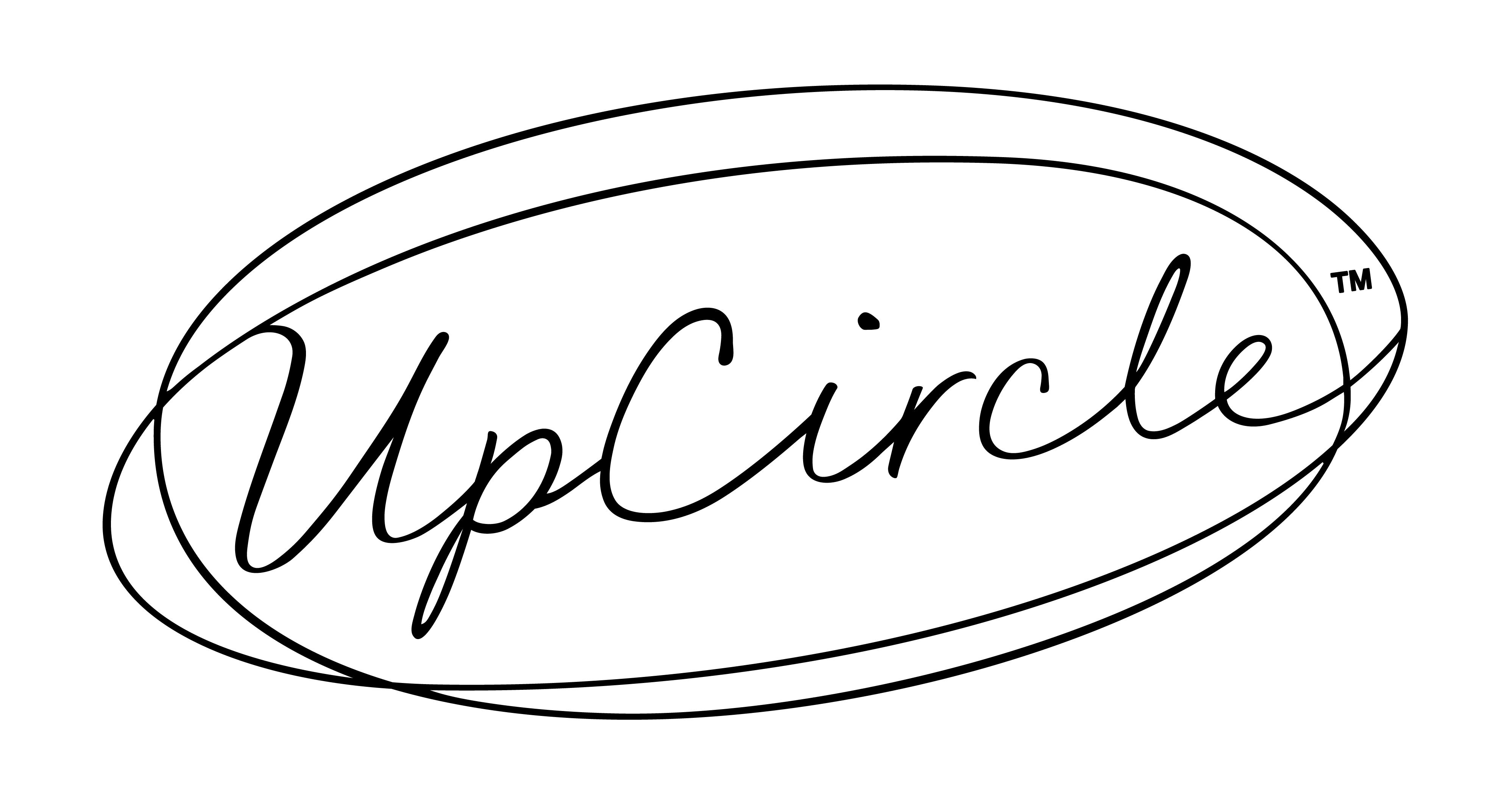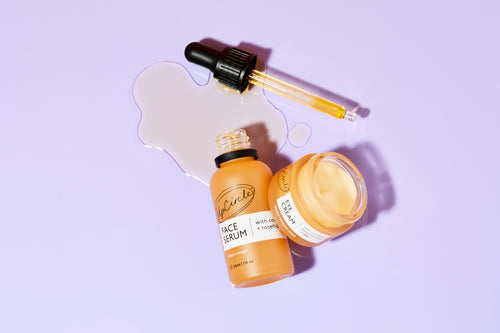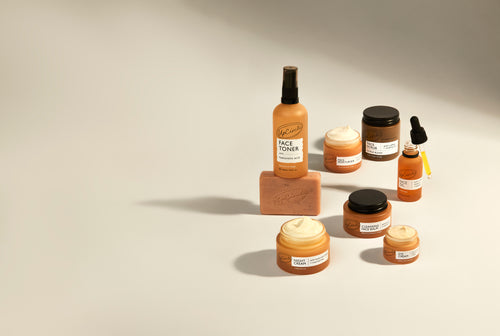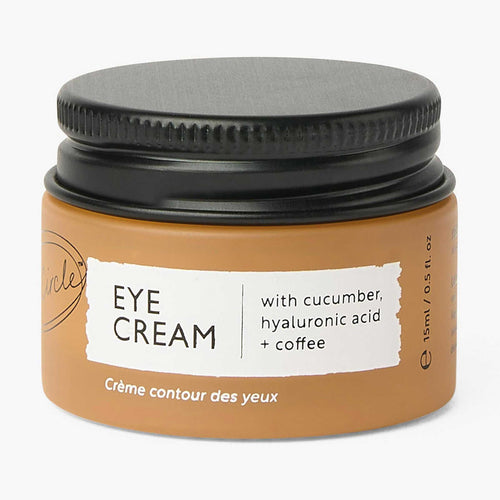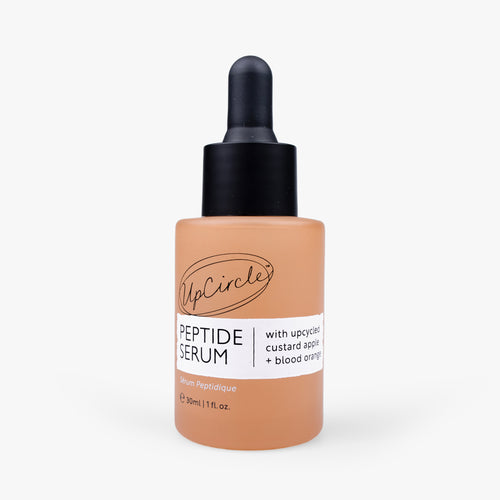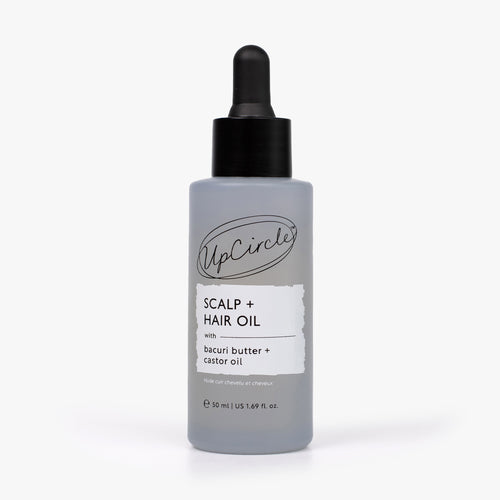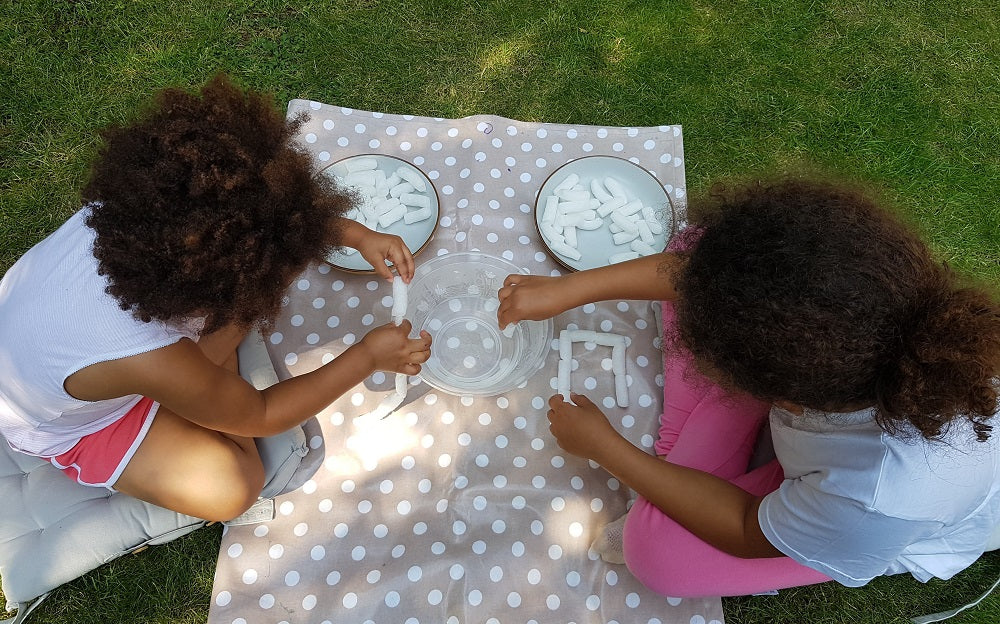With thanks to one of our UpCircle Insiders Ida Quarteyson, for the wonderful ideas and pictures.
With children comes a lot of "stuff". From the moment you announce you’re expecting, you’re bombarded with adverts and offers for ‘essential’ items designed to make your life easier, simpler and more fun. Not great for your bank balance or the environment. So we've pulled together a few ideas for living "low waste" with children, as “zero waste” would be near enough impossible! ♻
Food 🍓
Child-friendly food, in particular snacks, often come with a lot of non-recyclable packaging, tend to be individually wrapped and are frequently in little plastic pots or pouches. Whilst keeping an emergency stash of shop-bought cereal bars is no bad thing, making your own is cheaper, healthier and greener, and is also a great rainy-day activity. Muffins, oat bars, crackers and biscuits are all easy to make, and let’s not forget the essential snack that is the humble bread stick! They’re just as much fun as play dough, except you get to eat what you make. Here's a quick easy recipe (you can use a vegan butter substitute). There are lots of great websites with healthy snacks and lunchbox ideas for children, such as My Fussy Eater and Kidgredients. Many snacks, such as muffins and cereal bars, can also be frozen, so you always have a homemade snack to hand.

Another easy swap is to buy large pots of yoghurt rather than lots of small ones, and large bags of crisps rather than multipacks. For days out and school lunches, reusable lunchboxes with several individual compartments, such as Yumbox or Sistema, are great for kids. Or get some reusable soy wax wraps instead of foil and cling film. For drinks, consider a reusable water bottle made from durable plastic or aluminium. For younger children, reusable pouches are great for yoghurts, homemade smoothies and mashed food.🍌
One obvious way to reduce waste when it comes to food, is growing your own. Children love to get hands-on in the garden and watch seeds grow from tiny seedlings, to ripe fruit and veg. Strawberries are quick and easy to look after and can be grown from just a pot - ideal for small or non-green outdoor space. Lettuce is also similar in terms of being low-maintenance and out of a small pot - children love the simplicity of picking it and placing it straight in a sandwich!
Toys 🧸
Buy second hand (e.g. from charity shops, local Facebook groups, eBay or Gumtree), swap toys with friends or explore your local toy library if you have one. Another good option is Whirli, a toy subscription service where your chosen toys are delivered to your door. When your children are tired of them, you send them back and receive new ones. Toys are in excellent condition, and everything is cleaned and sterilised between swaps. This is also a great way to ‘test’ a toy you’re thinking of buying to see if your child loves it before you hand over your hard-earned cash!
That said, the most-loved toys here are the classics that never go out of fashion: Duplo, Lego, wooden bricks. They’re durable, last for generations and encourage children to think creatively and use their imagination. Yes, children love their LOL dolls, but even these can be bought second hand!
Never underestimate the joys of junk modelling and ‘make your own’. Make your own playdough instead of buying it in plastic tubs (here's a great recipe), turn cardboard boxes into dens, rockets, castles or dolls’ beds, and consider what you can do with packaging from deliveries. Here are Ida’s girls playing with our UpCircle corn starch packaging – just dip them in water and they stick together!

Toiletries and personal care 🛀
First things first: nappies. Reusable cloth nappies have come a long way and are now available in a wide range of shapes, sizes and patterns. A good place to start is a nappy library. They have a range of nappies from different companies, will show you how to use them and have nappies and wipes for hire. It’s a great way to try out reusable nappies and find some that suit you and your baby.
Reusable wipes are another good eco-option – you can buy them ready-made, or make your own from old towels or t-shirts - any natural, soft material will work. Use different colours for bottoms and faces if you prefer! They are a great investment, saving you a lot of money over time, and for preventing single use wipes from ending up in landfill. 🧼
For bath time fun consider bubble bars - lots of bubbles without the plastic. We also can’t talk about bath time without mentioning toys again! You could consider bath toys made from recycled plastic, but the most popular bath toys for Ida's girls are two old egg cups, two plastic scoops (free with jars of coffee) and an old plastic jug that can’t be used for baking anymore as all the numbers have worn off.
Birthday parties 🥳
We can’t not talk about birthday parties in a blog about children and waste! Plastic plates and cups, sweets and chocolate covered in single-use plastic, balloons, party bags filled with tiny plastic items that break before you get home… sounds familiar? In recent years, a number of small businesses hiring out reusable partyware such as plates and cups have popped up, so it’s worth checking if you have one near you. Or simply consider investing in your own reusable partyware box. Ikea plastic plates and cups are colourful, affordable and pretty much indestructible, and will survive many, many parties. For decorations, consider reusable bunting, and for party bags, avoid the pound shop plastic toys and consider more sustainable alternatives. Bags of cress seeds (personalised if you like), or bee-friendly wildflower seeds, are always a hit, as are pavement chalk, small wooden toys or cars and books. 
Involve your children! 🗣
Children love going to zero-waste shops as they are a fun, hands-on shopping experience. Instead of just picking up products from the shelf, children can open jars, scoop up and fill tubs – it’s an activity in itself!
Try to make sure children understand why we’re trying to live a more sustainable and plastic-free lifestyle. For older children the War on Plastic is a great place to start. You can go litter picking in your local park and talk about the importance of looking after wildlife and dispose of our rubbish, or even take a tour of you local incinerator / recycling centre offers one. There are also some great books available to help younger children understand. An UpCircle favourite being ‘Clean Up!’ by Nathan Bryon, which highlights the problem of plastic pollution on beaches, but positively encourages you to help do something about it.
Do you have anymore ideas? We would love to hear them! Leave a comment in the box below.
